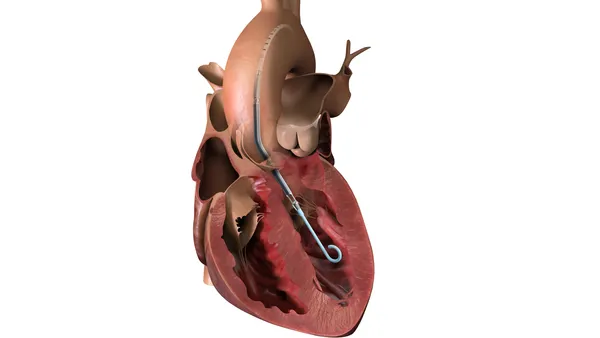Dive Brief:
-
FDA has granted the first non-emergency marketing authorization for a Zika virus diagnostic to InBios.
-
The test, ZIKV Detect 2.0 IgM Capture ELISA, is designed to detect Zika virus immunoglobulin antibodies in blood samples, enabling physicians to confirm suspected infections.
-
ZIKV Detect was one of five antibody-based Zika diagnostics previously cleared for use under FDA's Emergency Use Authorization. FDA is now considering whether to revoke the EUAs of the other four tests.
Dive Insight:
In 2016, CDC received reports of more than 40,000 cases of symptomatic Zika virus disease across the continental U.S. and its territories, fueling a race to develop products to diagnose infections with the pathogen. ZIKV Detect was one of 19 Zika tests cleared under the EUA pathway, which permits FDA to authorize the use of unapproved products in emergency situations.
Now, InBios has become the first company to win a conventional authorization for a Zika test. The two-step process enabled InBios and FDA to meet the pressing need for Zika diagnostics before fully validating the test.
"We ensured there were tests made available quickly under EUA, but we continued to work with diagnostic manufacturers to take the next step of ensuring products were FDA reviewed for safety and effectiveness and authorized under our traditional premarket authorities," FDA acting commissioner Ned Sharpless said in a statement.
InBios secured the marketing authorization by presenting data from analytical studies and a clinical trial of 807 test samples. The data persuaded FDA to grant InBios authorization under its de novo premarket review pathway, and could lead to the revocation of EUAs held by Chembio Diagnostic Systems, Siemens Healthcare Diagnostics, DiaSorin and CDC.
FDA is considering whether the authorization means there is now "an adequate, approved and available alternative" to the four other antibody-based tests cleared under the EUA pathway. The agency is talking to the EUA holders before making a decision on whether to revoke the EUAs. The 14 Zika nucleic acid diagnostics available under EUAs are not affected by the ZIKV Detect authorization.
The need for the 19 Zika tests has contracted significantly since FDA issued many of the EUAs. In 2016, CDC received reports of more than 5,000 symptomatic Zika virus disease cases in U.S. states. Most of the cases involved people who had travelled outside the U.S. but there were also 224 cases believed to stem from mosquito bites in Florida and Texas.
The potential for infections during pregnancy to cause neurological complications and microcephaly made Zika a significant public health concern but the number of cases in the U.S. and its territories has plummeted since 2016. Last year, the U.S. and its territories saw 72 and 148 cases, respectively. So far this year, only one case has been reported. The last report of local transmission was in 2016.
Other parts of the world continue to struggle with the virus, though. Last year, Brazil reported 19,020 cases of the disease. Over the first nine weeks of 2019, the number of cases was up slightly over the corresponding period of last year.












